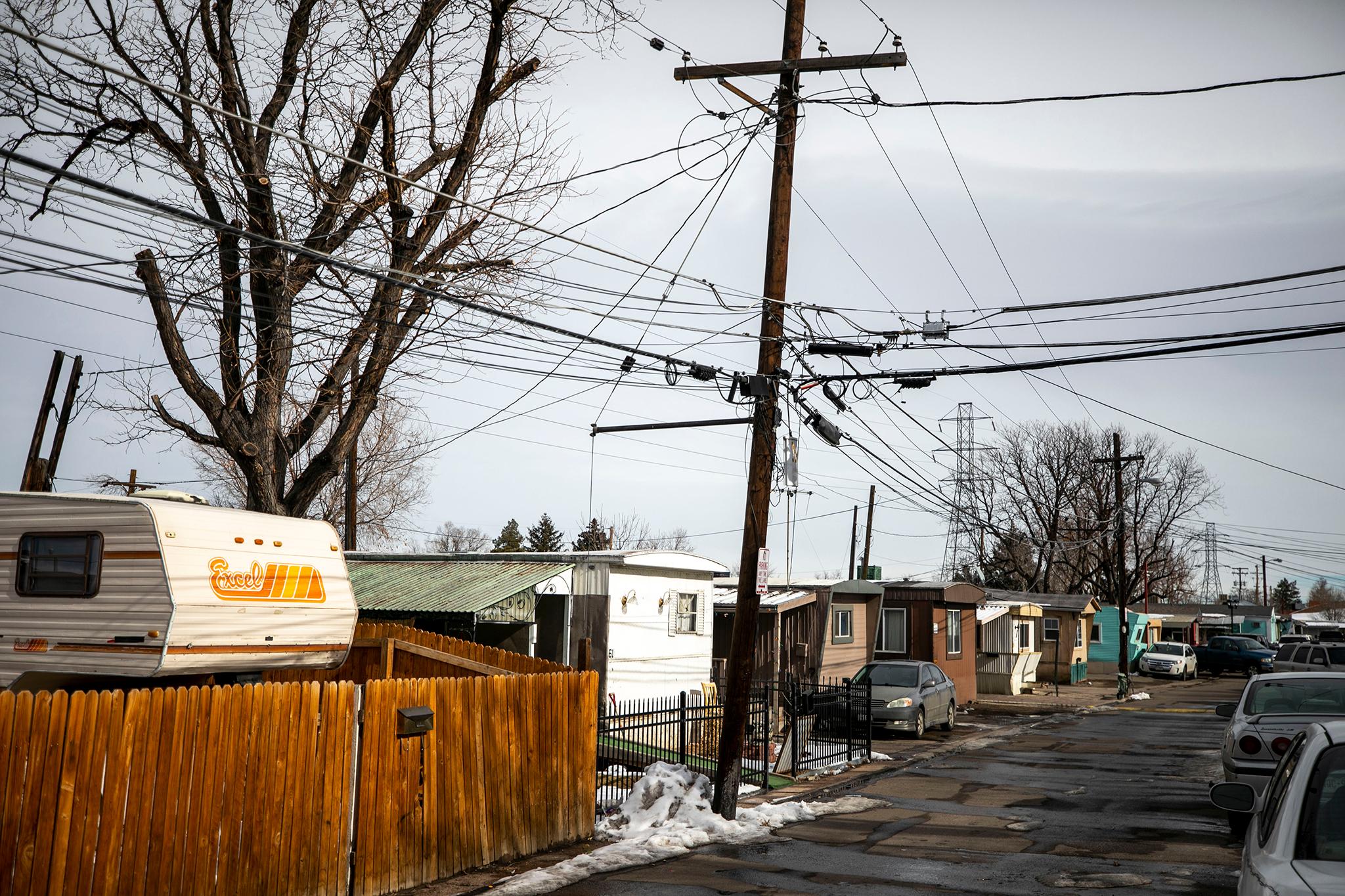Alina Valdez has lived in one of Denver's five remaining mobile home parks for the past 13 years. From there, she can walk to her job as a server at a Mexican restaurant, and her two kids can walk to school. Living in the park has also given her the chance to become a homeowner, as she pays her aunt and uncle monthly to purchase the mobile home she lives in.
But that's all subject to change for Valdez and about 75 other families who live in mobile homes in Westwood. The park went up for sale last summer and there's no guarantee they'll be able to stay if someone buys it and kicks them out. It's a familiar story: parks go up for sale and get bought by investors, who either raise rent or evict and redevelop.
But in recent months, community organizers have partnered with City Council to try to protect Denver's remaining mobile home parks and help residents purchase the land to run as cooperatives. It's been in the works for a few years, but with the Westwood park up for sale, time is of the essence.
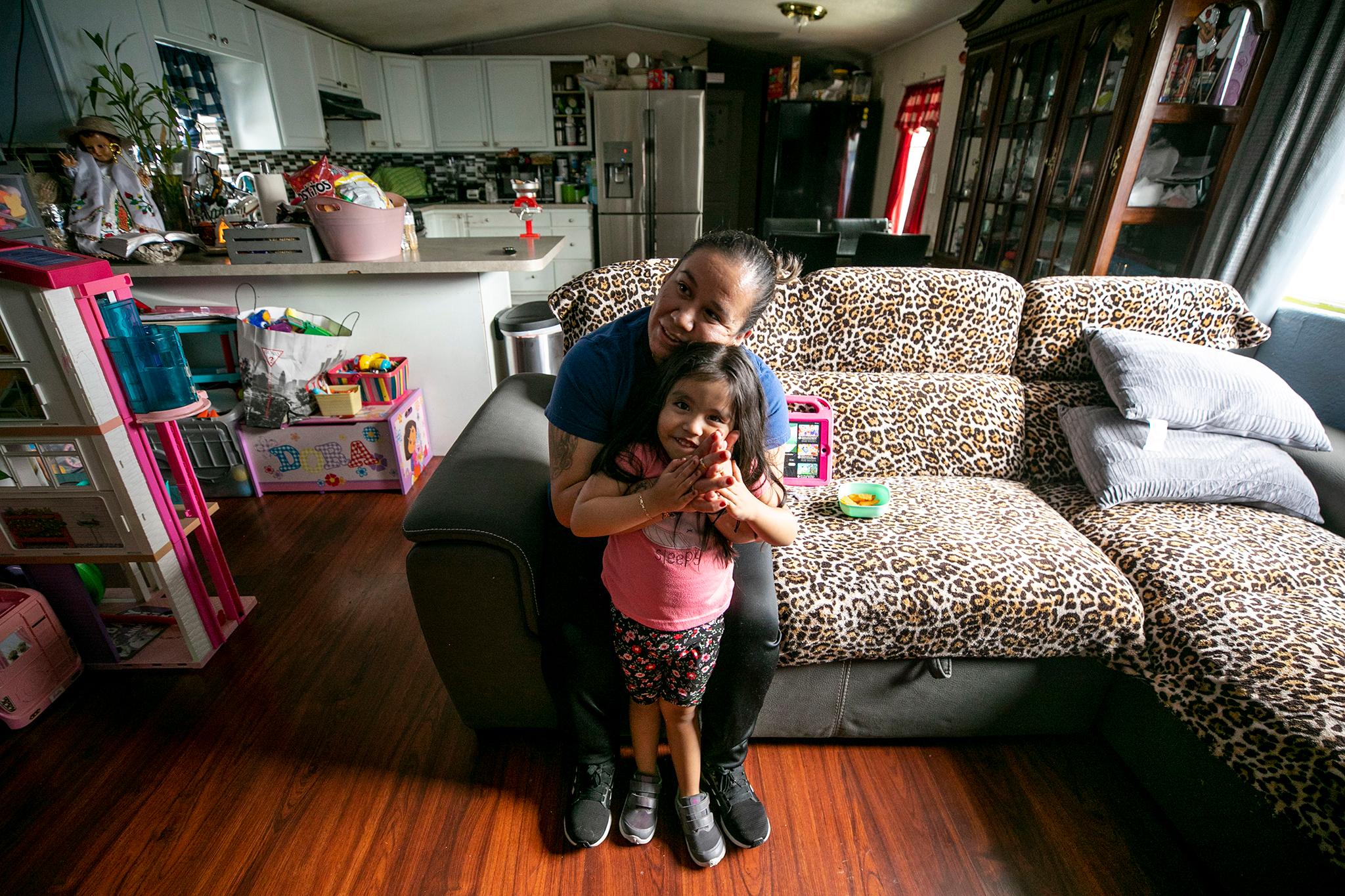
Denver has historically been inhospitable to mobile home parks, creating potentially dangerous conditions.
Zoning laws have outlawed new mobile home parks in Denver since the 1950s. Meanwhile, local laws intended to phase out existing parks outlawed adding or replacing units.
The inability to replace units can be a safety issue, given the old age of some of Denver's mobile homes. Valdez said some of the homes in her park suffer from busted pipes in the winter and high temperatures in the summer.
The other problem with these rules is that they incentivize development.
If owners cannot replace or add units, the park is destined to lose residents and revenue over time, pushing owners to put parks up for sale. The rules also make it difficult for residents to purchase the park themselves. Doing so would require a loan, but what investor would bet on a mobile home park when local laws prevent improvements?
Councilmember Jamie Torres, who represents the park in Westwood and has been involved in council legislation to protect the parks, said that these laws might have made more sense years ago, when Denver was growing but housing was still more affordable.
"Folks might have thought, 'There are other options out there, there are alternatives to where these families can move, there are other places where they can live, and can't we put something more aesthetically appealing in that lot,'" Torres said. "The reality now is incredibly different. It has transformed."
The cost of housing has skyrocketed in recent years. Torres said many of the families who live in the park in Westwood are lower income and cannot easily relocate. With the decline of mobile home parks generally and the age of some of these units, relocation to a different park would be difficult. Plus, Torres said some residents might be undocumented immigrants, who cannot access housing assistance and other city resources if forced to move.
"When we look to represent our most vulnerable, this is one of those communities," Torres said. "They, like other residents throughout my district, are also trying to keep their kids at their elementary school, at their middle school, close to their job. All of these things are still relevant to them. And so being dismissive of where they live, it just isn't something that I think we're willing to do anymore."
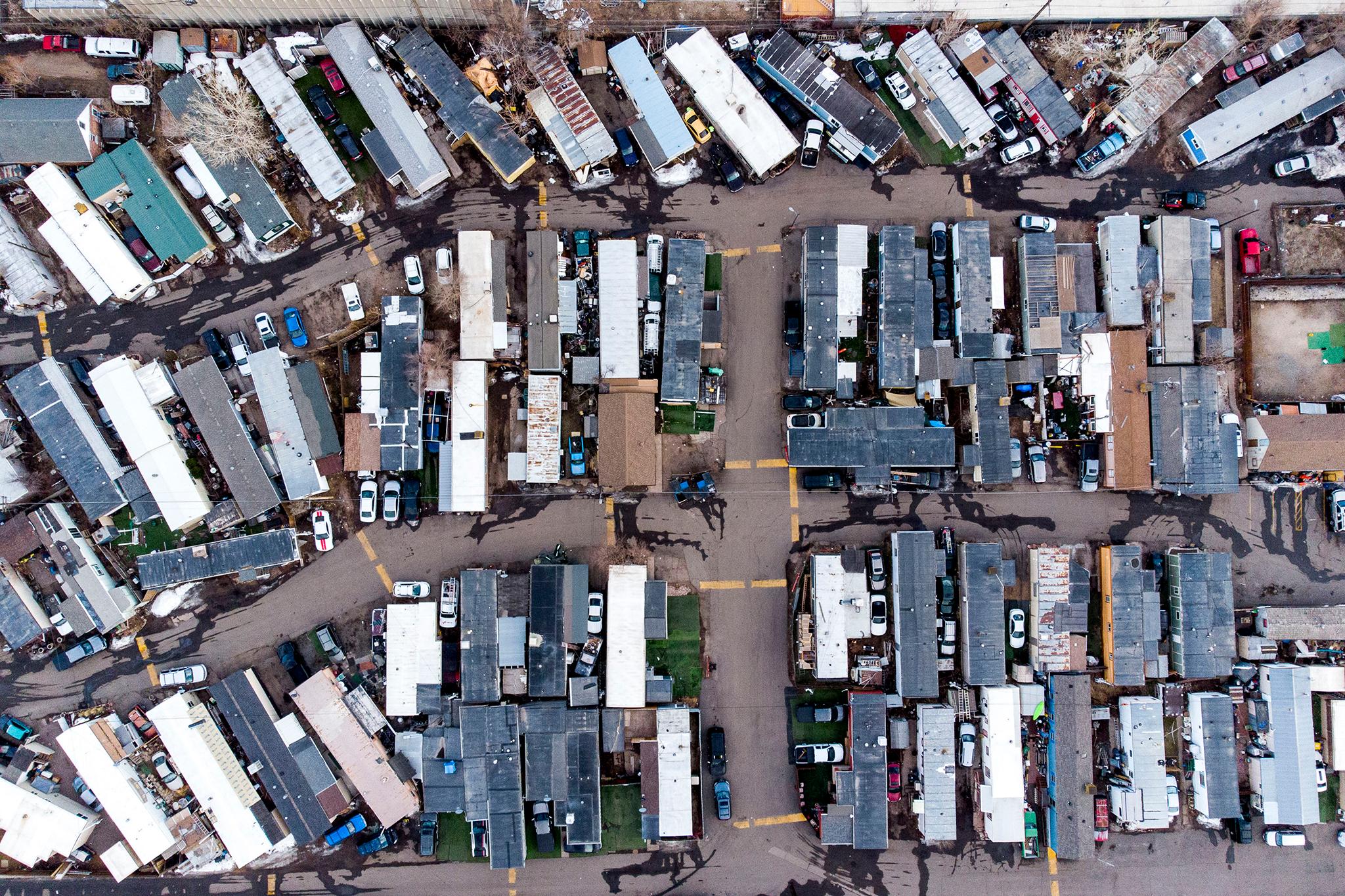
Now, City Council is trying to change things, in an effort to fight displacement.
The first step was to pass a moratorium on development, which Council passed in November of 2022. This prevents predatory investors from swooping in the moment local laws become more hospitable, making parks look like a better financial bet.
Step two came on Monday, when Council passed an ordinance allowing residents to renovate or replace mobile home units. Around a dozen mobile home residents and housing advocates came to Council to speak in support of the legislation, in addition to representatives for park owners.
"It's very important for us that you guys help us realize this dream for us as an immigrant from other countries. It's a rare opportunity that we have," said Ruben Paredes, who lives in the park in Westwood. Paredes said that for his family, the park is just minutes from work and school. Plus, they love the neighborhood.
"There is no other opportunity allowed for affordable housing. Denver area is very expensive right now," he said. "So for us to be there, to stay there, is very very important."
Council unanimously approved the bill Monday night. "I have two of the last mobile home parks left in my district, and really just feel confused about why we would outlaw any type of housing in a housing crisis," said Councilmember Candi CdeBaca, who co-sponsored the legislation with Torres and Councilmember Jolon Clark.
While Council has been working on this legislation, nonprofits have been organizing residents of the Westwood park to form a cooperative and potentially purchase their park.
Andrea Chiriboga-Flor works for 9to5, a nonprofit that works toward economic opportunity for marginalized communities. She's been meeting with residents monthly to help elect a board, educate residents about their options and work to get enough families on board.
"From our perspective, the only way to have permanent, sustainable, affordable housing is by putting community land and housing into the hands of community to operate," she said. "It could set a precedent for not only the other four parks in Denver, but parks in surrounding counties and cities. It's a really kind of a historical moment, especially based on the history of Denver being very hostile towards mobile home parks."
Valdez, who lives in the park with her family, has shown up to a few of the community meetings and is in favor of the plan.
"It would help us keep our homes," she said.
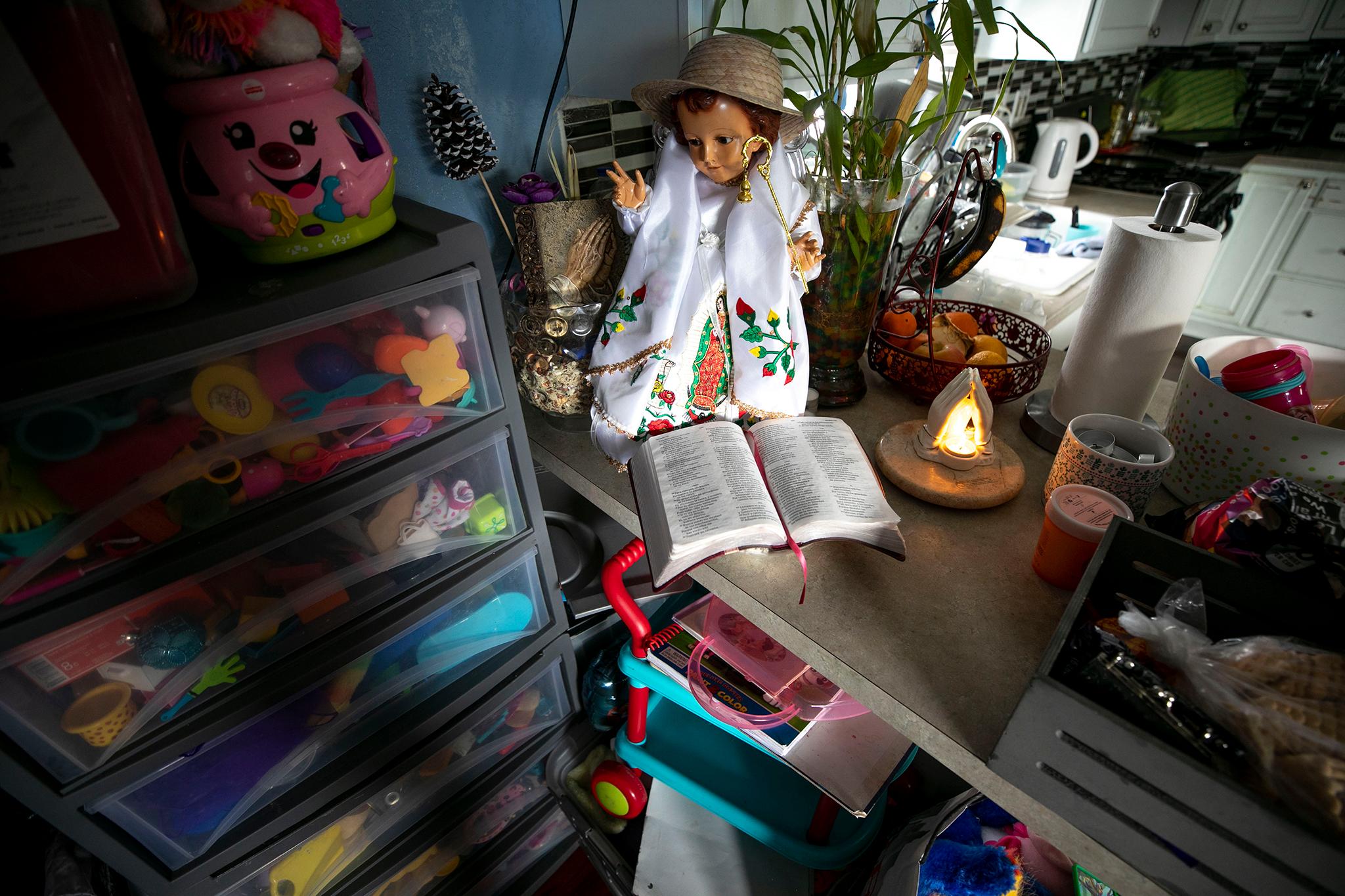
But financing has proved difficult.
Until recently, 9to5 and residents had been partnering with ROC USA, a national nonprofit that helps residents own and operate their own mobile home communities, and Thistle, a Boulder-based nonprofit that manages affordable housing properties. Thistle and ROC were helping residents secure investment funding, which was dependent on the Council legislation coming through.
But even though the Council bill passed, ROC and Thistle pulled their support. Their reasoning comes from another tricky piece of city law. Even though the new bill lets owners and residents replace mobile homes, some of the parks are so old that they're overcrowded, with homes so close together that they violate current fire safety codes and don't leave sufficient space for emergency vehicles.
This means that over time, the Westwood park could lose up to 40 homes, to create sufficient space in line with safety codes. From an investor's perspective, the park would remain a bad financial bet, slowly losing money over time.
"It was not a good situation to set up a resident group for success," said Thistle ROC USA spokesperson Tim Townsend. "They'd be looking at a long haul of having to tell people to leave."
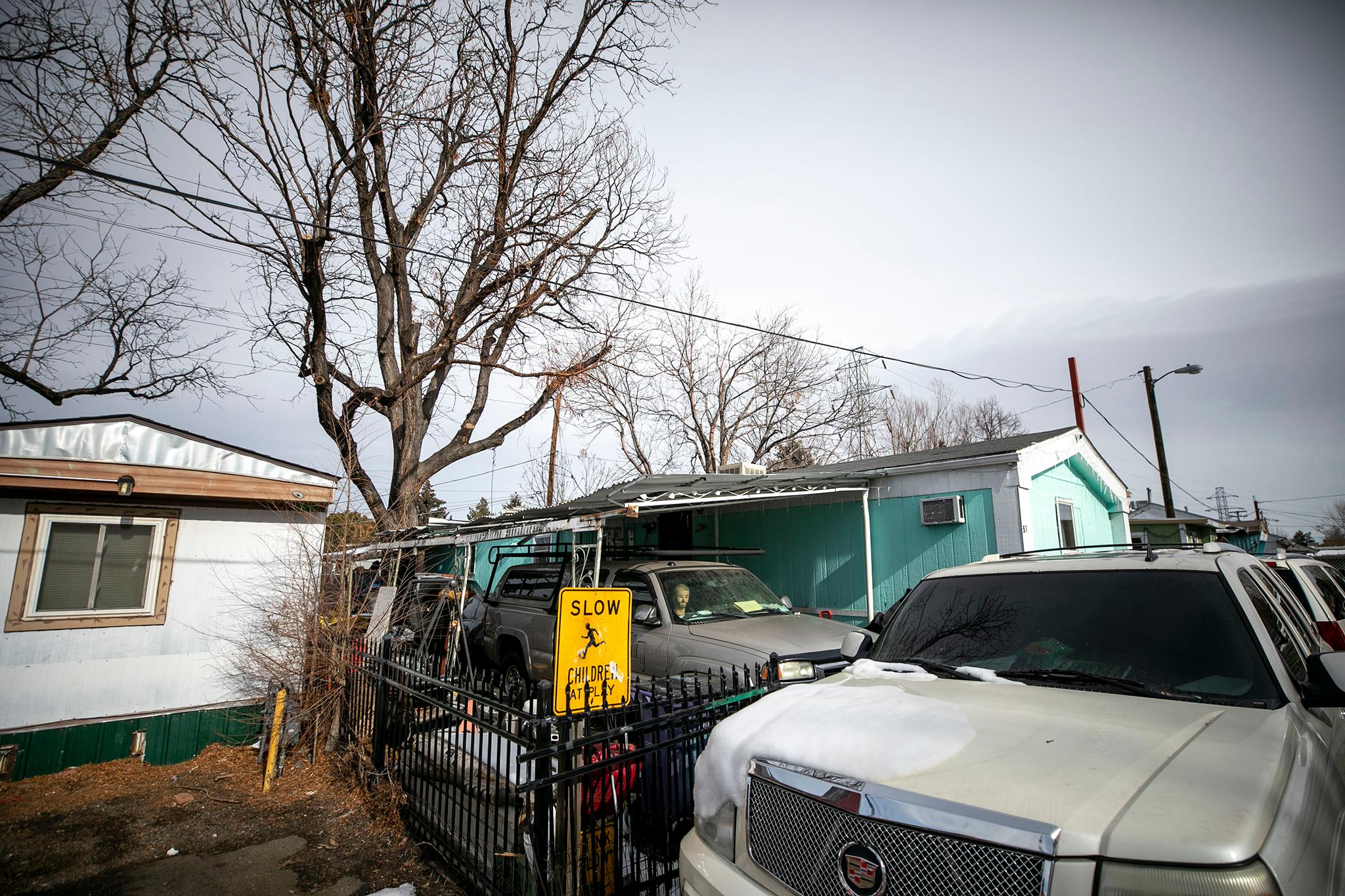
Now, things are in limbo.
Chiriboga-Flor said residents and advocates are now looking for other sources of funding such as city grants -- but with the park priced at more than $11 million, it's a tall order.
Unlike many park owners who sell to the highest bidder, Westwood park owner Chad Graves has been working with the community to try to make the cooperative happen. Graves declined to comment for this article, but acknowledged that residents are now in a difficult position. It's unclear how much longer he'd be willing to wait before selling to new owners who might raise rent or redevelop completely.
Failed cooperatives are just a recent memory in Colorado. In 2017, the Denver Meadows mobile home park went up for sale in Aurora. Residents banded together and secured $20 million with the help of Thistle and 9to5, but the owner turned down the residents' offer, and they ended up moving out. In 2021, a park in Fort Collins faced a similar fate, with an owner turning down an offer of around $23 million.
One park in Leadville successfully formed a cooperative in 2021, with a key difference: the owner wanted to sell to residents.
Townsend said Thistle ROC USA and its investors could be open to restarting conversations, if residents could secure grant funding to cover the homes that would ultimately be lost due to safety codes.
Townsend said he thinks that would require around $6 million in grants.
"I wouldn't say we're completely out of the deal," he said. "If the community is able to find more subsidy, grant subsidy, to complement the cost of the purchase, to bring that down... then we could still engage with the community and we could still guide them through the process."
After Chiriboga-Flor told residents the bad news last week, they held a vote on whether to continue working toward a cooperative.
"The vote was unanimous to continue fighting," she said. "That was really, really incredible and amazing to see such a resilient and strong community want to keep fighting, even after they were let down so, so deeply."

